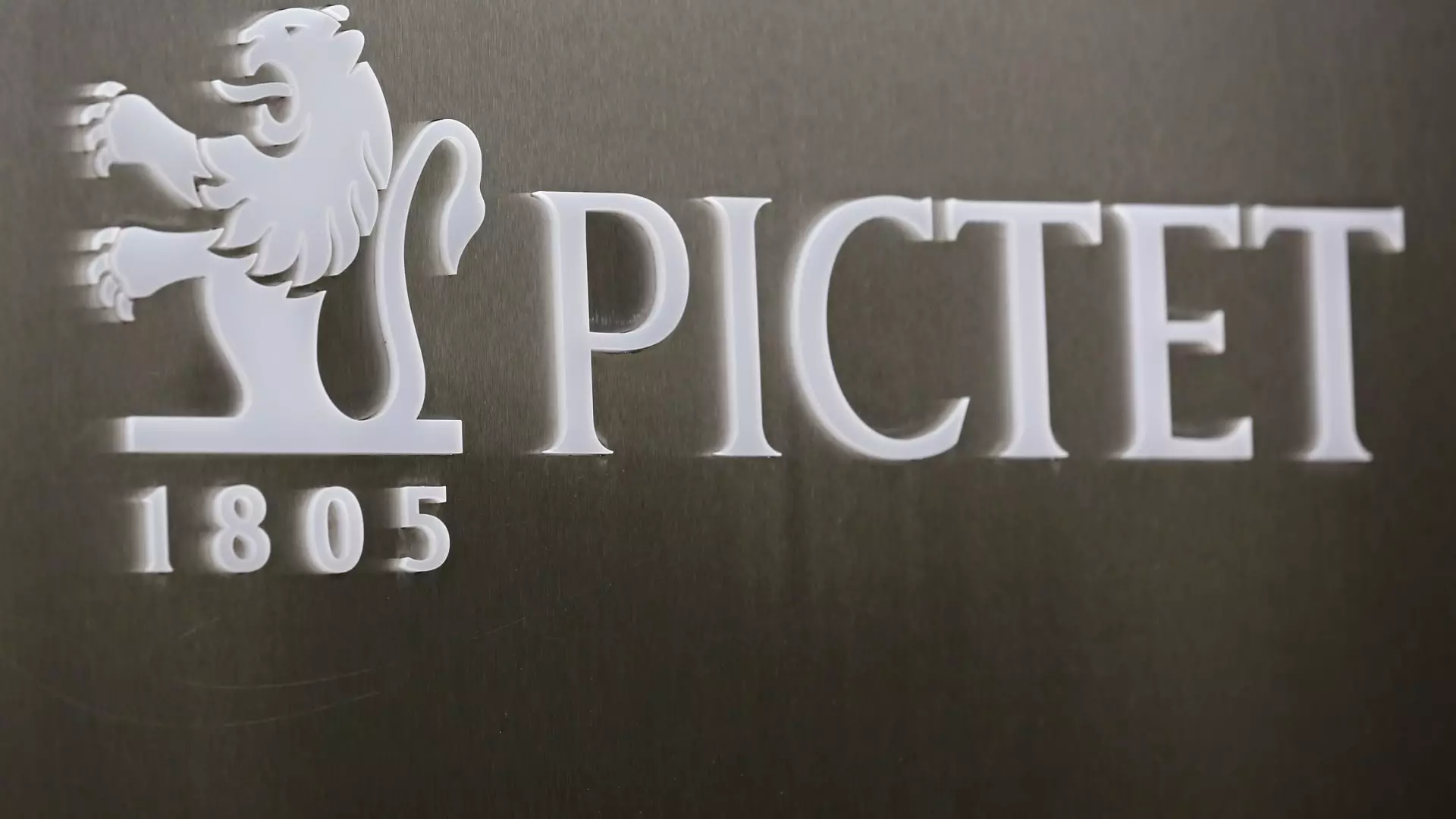In a shocking revelation, Banque Pictet, the private banking division of the well-established Pictet Group, has admitted to colluding with U.S. taxpayers to hide a staggering $5.6 billion from the Internal Revenue Service (IRS). This revelation has sent shockwaves through the financial industry, raising questions about the trustworthiness of major banks and emphasizing the urgent need for tighter regulations.
Banque Pictet, with its lengthy 218-year-old history, was once regarded as a symbol of stability and integrity. However, recent events have shattered this perception. The Department of Justice (DOJ) announced on Monday that Banque Pictet conspired with American clients to evade a staggering $50.6 million in U.S. taxes between 2008 and 2014. These tax-evading accounts held more than $5.6 billion of the $20 billion in assets managed by the bank during that period.
In an effort to bring Banque Pictet to justice, the DOJ has reached an agreement with the bank that requires it to pay approximately $122.9 million in restitution and penalties. While this may seem like a significant amount, critics argue that it falls short of truly holding the bank accountable for its actions. Moreover, should Banque Pictet comply with the terms of the agreement, the charge of criminal conspiracy to defraud the IRS will be dismissed after a three-year deferral period.
Banque Pictet’s tax evasion scheme was not a simple oversight or individual wrongdoing; it involved meticulous planning and execution. The bank assisted its clients in evading U.S. taxes by opening and maintaining undeclared accounts on their behalf. The clients’ account-related mail was even held at the bank, effectively keeping evidence of the accounts outside the reach of U.S. tax authorities.
Furthermore, the bank formed and managed offshore entities with no legitimate purpose other than to aid clients in hiding their offshore accounts and assets. Throughout the relevant timeframe, Banque Pictet maintained approximately 529 offshore entities, enabling its U.S. tax-evading clients to keep their undeclared funds offshore. The bank went so far as to transfer funds from undeclared accounts to accounts seemingly owned by non-U.S. clients but effectively controlled by the U.S. taxpayer-clients themselves through fictitious donations.
Consequences and Lessons Learned
This revelation serves as a reminder of the importance of stringent regulations and oversight within the financial industry. The fact that a venerable institution like Banque Pictet could engage in such a massive tax evasion scheme raises serious concerns about the efficacy of current safeguards.
The case also highlights the need for greater collaboration between financial institutions and regulatory bodies. Instead of waiting for authorities to uncover wrongdoing, companies and banks should proactively report any potential malfeasance. The message from the U.S. Attorney for the Southern District of New York, Damian Williams, is clear: “We encourage companies and financial institutions to come to us to report wrongdoing before we come to you.”
The Quest for Accountability and Rebuilding Trust
While Banque Pictet has agreed to cooperate with ongoing investigations into hidden bank accounts, this alone may not be enough to restore public confidence. The financial industry must reassess its practices and implement stricter measures to prevent similar incidents in the future.
Financial institutions hold immense power and responsibility; they are entrusted with safeguarding individuals’ assets and contributing to the overall stability of the global economy. Cases like these jeopardize that trust and underscore the importance of holding banks accountable for their actions.
The Banque Pictet tax evasion scandal serves as a stark reminder of the need for constant vigilance in the financial industry. It is imperative that regulators enforce stricter regulations and that financial institutions prioritize transparency and integrity. Only through these measures can we hope to prevent future scandals and protect the interests of all stakeholders in the financial system.


Leave a Reply